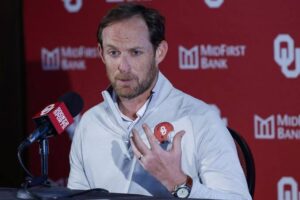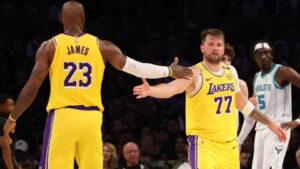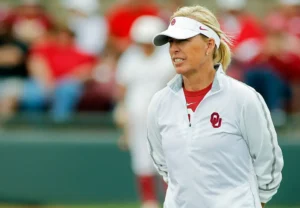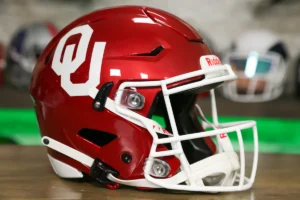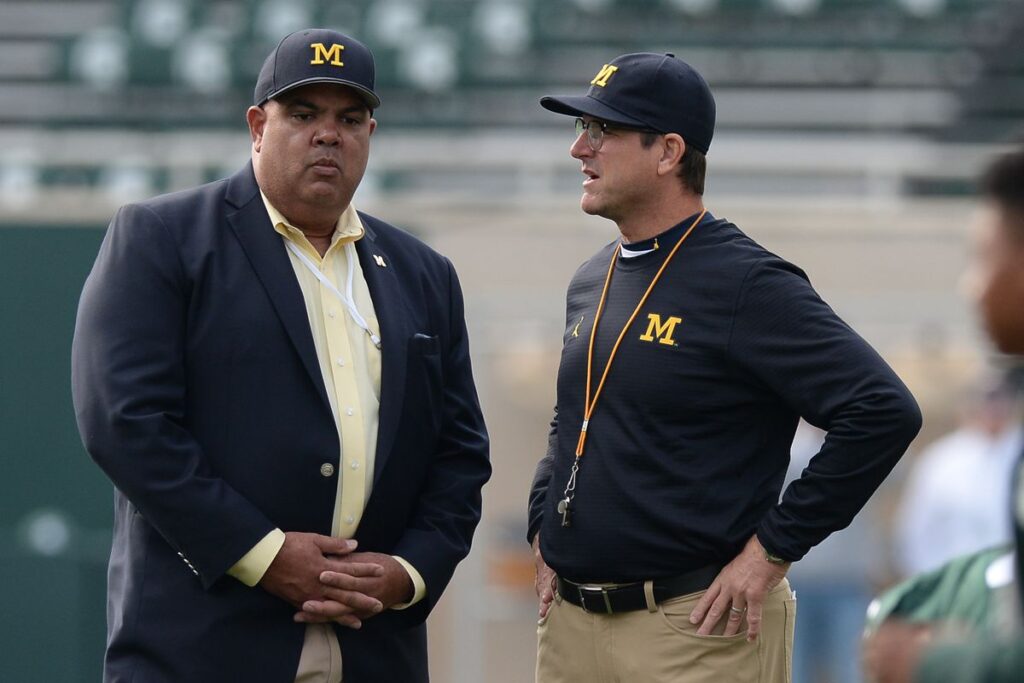
It’s likely that your frustration regarding the departures of staff from Michigan football is misplaced.
While this perspective might not be popular among those looking to assign blame for Jim Harbaugh’s exit from Michigan football, it’s crucial to acknowledge. Despite Harbaugh stating that there is no villain in Ann Arbor regarding his move to the NFL, criticism has been directed at athletic director Warde Manuel. However, in my view, this criticism is unwarranted.
When Harbaugh was hired in December 2014, if fans were informed that he would stay for nine years, resulting in a national championship, three consecutive Big Ten Championships, and victories over rival Ohio State, they would have embraced it wholeheartedly, regardless of subsequent staff changes. Michigan football is entering unfamiliar territory as, in the modern era of college football, a head coach has not voluntarily left for another job. This challenges the perception of Michigan as a destination job.
However, Harbaugh’s departure was inevitable, given his strong desire for a Super Bowl win, evident from his flirtations with the NFL over three years. On CBS Sports, he explicitly stated why he left, emphasizing his love for Michigan but pointing out the absence of a Lombardi Trophy in college football.
Irrespective of what Manuel could have offered, it wouldn’t have matched Harbaugh’s aspiration for an NFL challenge. While critics argue that Manuel could have been more proactive, meeting Harbaugh’s changing contractual demands was not solely the athletic director’s responsibility. Harbaugh was determined to explore the NFL, evident from his objections to not seeking an NFL job this cycle and his preference for a new contract post-NFL carousel.
Recent departures, including defensive coordinator Jesse Minter and strength coach Ben Herbert, have occurred. Retaining Minter was unlikely, but Herbert’s departure is more complex. Michigan usually doesn’t compete against the person who hired a staff member for retention, and the NFL offers career advancement. Harbaugh’s history of taking staff with him, as seen when leaving Stanford, adds to the challenge for Michigan to compete.
Herbert’s loyalty may lie with the man who brought him to Michigan, especially if he received a significant pay raise. While the composition of Sherrone Moore’s staff remains uncertain, blaming Manuel for Harbaugh’s staff changes is misguided. This situation is unprecedented for Michigan, but in football, coaches typically bring their hired staff when changing jobs.
Michigan fans may have issues with Manuel, but blaming him for Harbaugh’s staff changes is unjustified. The Juwan Howard hire may be scrutinized, but like Beilein’s departure for the NBA, it reflects career decisions. Moore’s hiring appears right for Michigan, and while there might be less staff continuity, it remains the best chance to move forward with a vision that led to a national championship. Ultimately, Moore must figure out the staff situation, and the blame for staff departures to Harbaugh’s NFL staff lies more with Harbaugh than Manuel.
